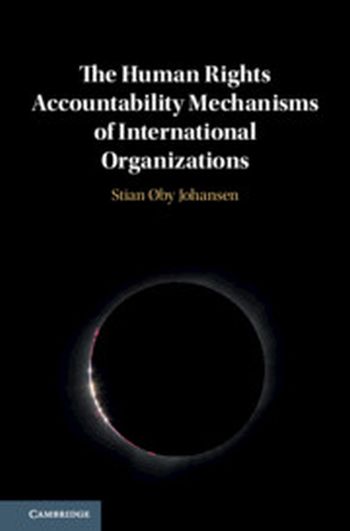
International organizations are becoming increasingly powerful. Today, they affect the lives of individuals across the globe through their decisions and conduct. Consequently, international organizations are more capable of violating the human rights of individuals. But how can they be held to account for such violations? This book studies the procedural mechanisms that may hold international organizations to account for their human rights violations. It establishes a general framework for identifying, analyzing, and assessing the accountability mechanisms of international organizations. This general framework is then applied to three distinct cases: the EU's Common Security and Defence Policy missions, refugee camp administration by the UNHCR, and detention by the International Criminal Court. The overall conclusion is that none of the existing accountability mechanisms across the three cases fulfill the normative requirements set out in the general framework. However, there are significant variations between cases, and between different types of accountability mechanisms.